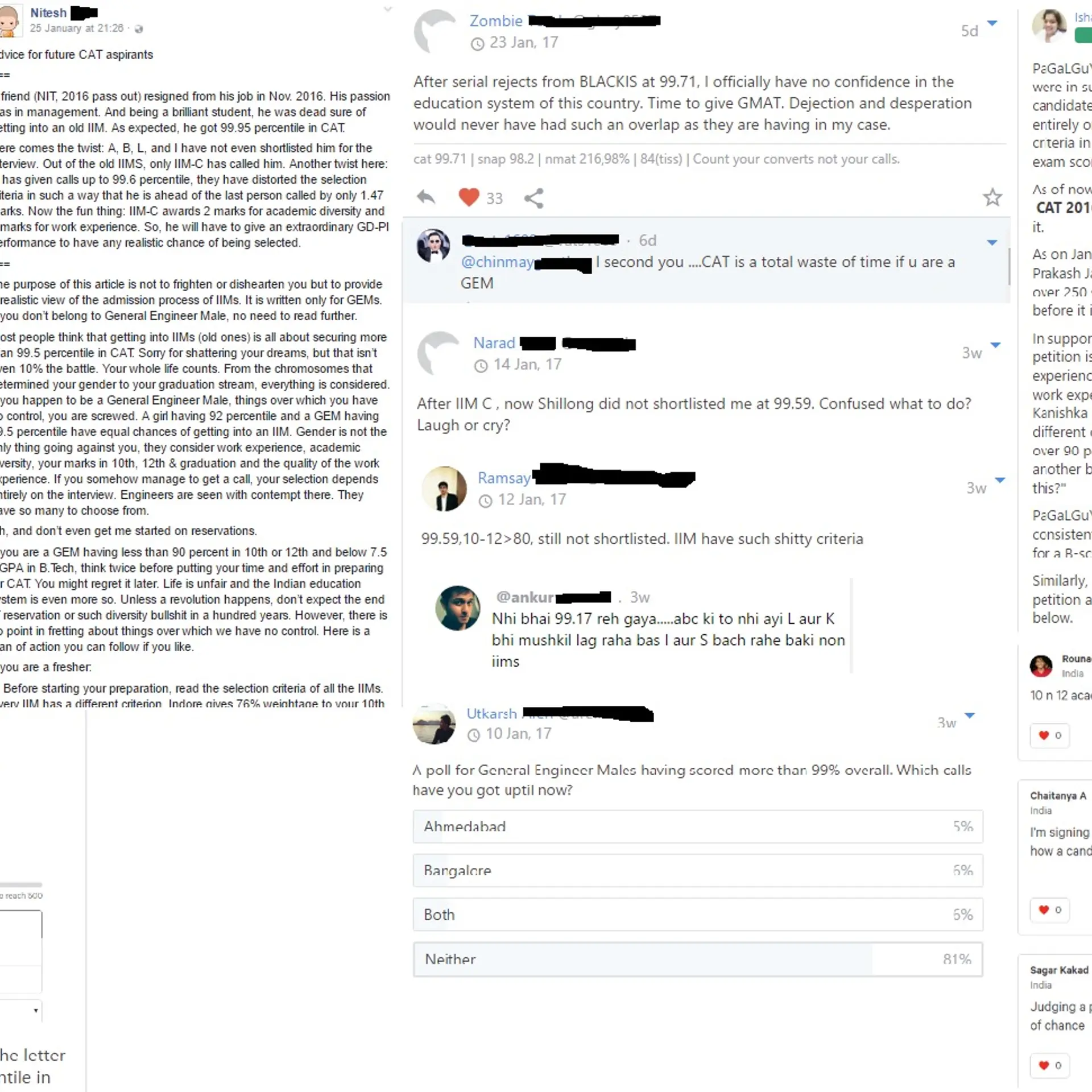

7th Pay Commission – The Big Mess-up!
Most, including media, focus only on the hype, speculation, quantum, financial repercussion, deservedness etc. Not many spare a thought for the unwanted implications, misery caused by the delay in its implementation
Whenever you want to lay new tiles or paint your house, one normally clears up any pending miscellaneous repairs/plumbing work before taking up the major work. Similarly when demonetization was being conceived in early 2016, the Govt./Finance Minister who were in the know, should have implemented the 7th Pay Commission without much ado since all the reins were in their hands and had no external factors, circumstances hindering it like GST or other reforms. History would have been made if it was implemented on time, for the first time ever. Instead, Jaitley and Co. chose to do it otherwise and have made a mess of it. Additionally, it was touted as a “Historic raise” whereas it has made history for the wrong reasons – for the most delayed Pay Commission ever – the least ever pay raise and – the most ever committees, sub-committees it has been subjected to, to finally probably accept the commission’s recommendations as it is, towards pay/pension revision of serving and retired Govt. employees.
Just the other day, Good Governance Day was celebrated which seems to be restricted to a mere one-day showpiece slogan as, what else can be said about a once-in-ten-years-mandatory-exercise being delayed unnecessarily and on purpose. Timely implementation would have been a diamond opportunity to showcase and endorse early decision-making and financial soundness. Also, not many, especially media, are aware or spare a thought for the unwanted implications, misery caused by the delay, as follows;
1. Several Pensioners die in the delay period, not knowing/experiencing their raise.
2. Retiring Employees in the delay period will have revised (even re-revised if fitment factor is raised later) settlement/pension etc. burdening the staff/banks calculating (or miscalculating) it.
3. The supplementary bill of arrears will tax the Government finances heavily in one go, though decision on Allowances has been cleverly deferred (surely onto next financial year).
4. Delay means extra/unwanted burden on personnel dept./banks to meticulously calculate arrears. Also, due to rise in inflation in the over two-year delay period during 6th PC, the Govt. had to re-revise wages higher than recommended by the 6th PC panel. And this 7th PC has also calculated minimum wages (mind you, that too with the assistance of IIM, Ahmedabad) where some of the pricing of elements is plain mockery, e.g housing @ Rs.524.07 per month and no mention of phone/mobile phone utility!!! It would be interesting to see if even one of these IIMites join Govt. service.
5. Section 89(1) of India’s Income Tax Act for re-appropriating the arrears amount to the respective years and reducing the tax burden of the employee/pensioner is hardly exercised and they end up paying higher tax. Though this is to be done by the respective personnel departments, most don’t know the rules/calculation or do only for themselves.
6. Moreover, no interest for the delay/arrears is ever paid to the employees/pensioners. To add to the pensioners’ misery, when the lump sum arrears are to be invested in Banks or small savings, the interest rates will be lesser.
7. Also, other than Dearness Allowance, almost all revised allowances will be paid from the decision taken month or subsequent month onwards, with no arrears.
8. Delays create ill-will among employees/pensioners. The employees will also echo, “When Govt. itself chose to be tardy, it should not expect us to be prompt and efficient. Delay is normal and the order of the day.”
All of the above could have been avoided in one stroke and that too when all the reins were with the Govt. The right decision would have augured well and made it a win-win situation for all with good governance example set from the top. It would have complimented the PM’s fructifying efforts in boosting India’s image. All has gone up in smoke. What other drama is in store after review by the high-level committee/s remains to be seen. Right now, everything is on the backburner, citing demonetization side-effects.
Even in the public sector where the revision is once in five years, it is being dilly-dallied, leaving a bad taste in the mouth. Either streamline or concot some formula once and for all, for periodical revision instead of all this fuss and drama.
ABOUT THE AUTHOR

Retired Office Superintendent from Indian Railways, Author of "And So I Lived" - Aim to create awareness in avoidable problems, inefficiency in Govt. offices to unlock its vast, stifled potential.






